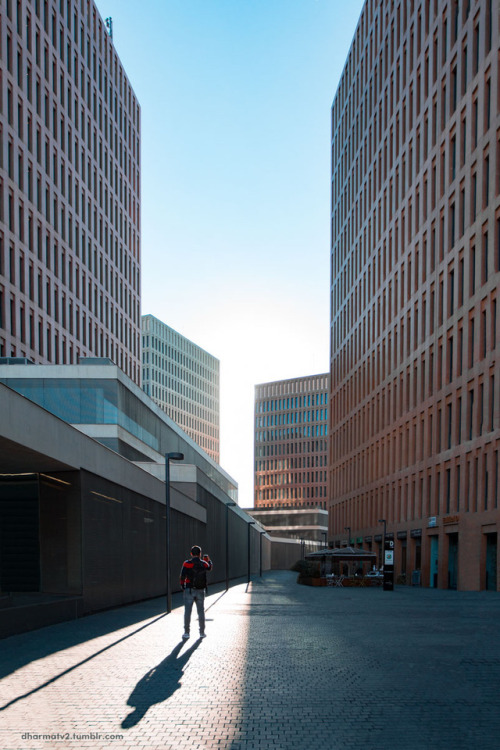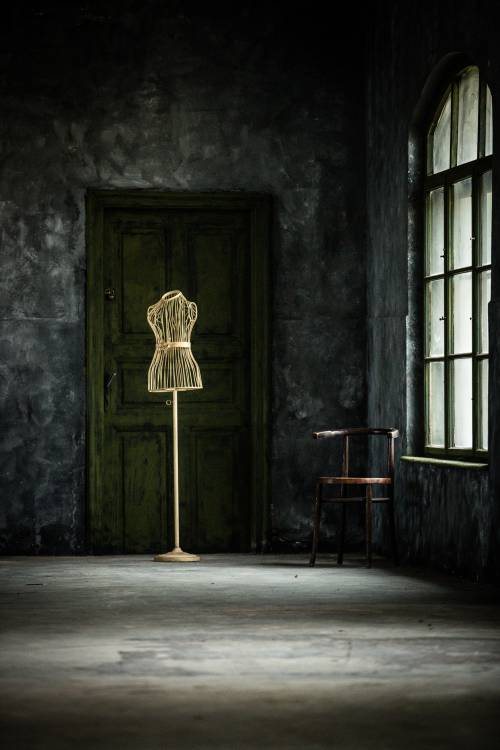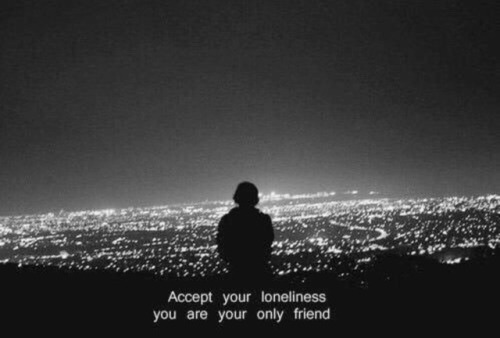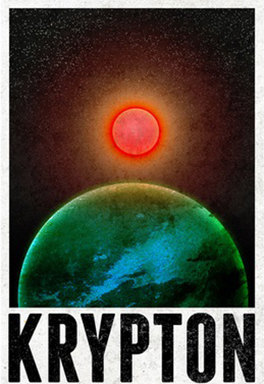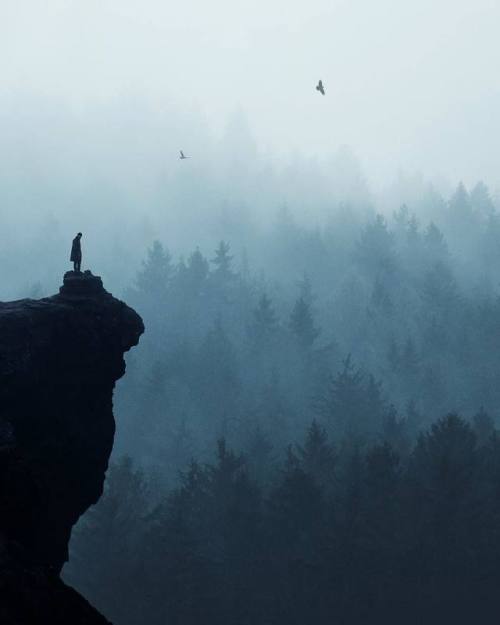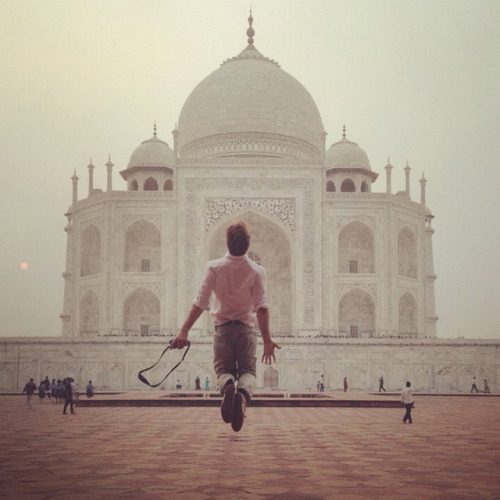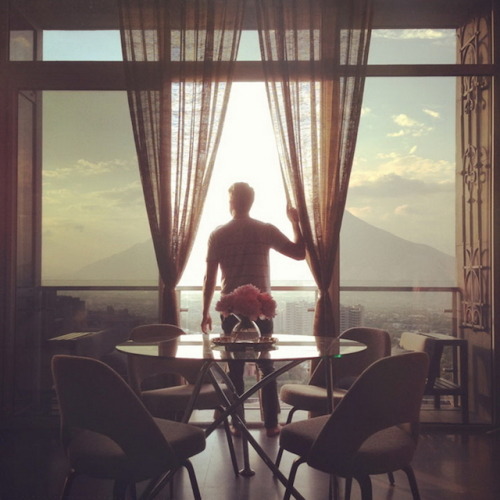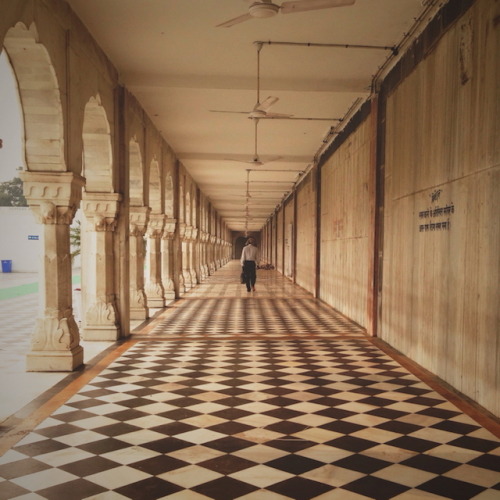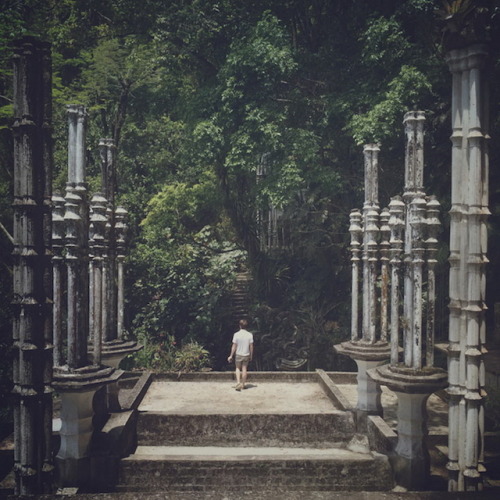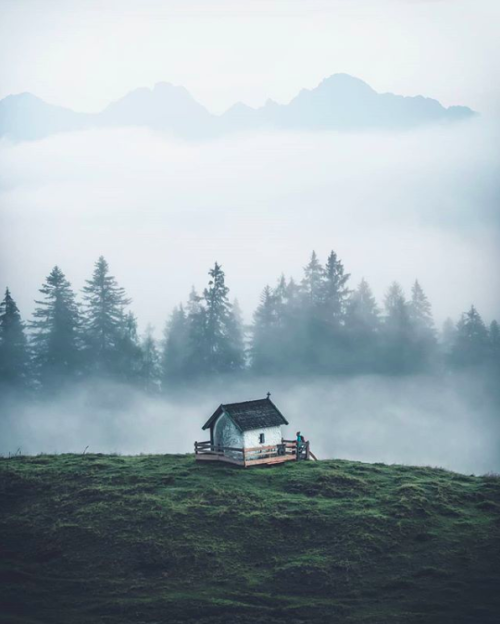#solitude
What’s on your mind? Learn more about yourself and your unique personality type with this scientist-designed word search.
Post link

Drew this while In A Mood.
Blog 2: 14/06/2020
After nearly a month, I’ve returned with another blog post.
I’ve had a few interesting therapy sessions in the meanwhile. It turns out I’ve also got severe depression along with my schizoid personality disorder. Next session we’re starting with EMDR – which is eh… something I don’t fully understand myself - yet. I’ll gladly talk more about it once I have a better idea of what it actually does. It sounds a little bit like hypnosis, but not fully, and it would probably be considered an insult to the practitioner to label it as hypnosis. I might write about it in an upcoming blog post.
But for today, I’d prefer to stick to a topic I understand better. Solitude. Loneliness. The two are not the same for many schizoids.
The shortest way in which I can put it, is to say that many schizoids don’t experience loneliness when they’re alone. But they might feel it when they’re in a group.
Let me elaborate.
The definition of Loneliness according to Google, might already offer some insight:
Loneliness; sadness because one has no friends or company.
You often hear loneliness described in old people. They’re in a home, they get no visitors, and they are lonely. Or people who lose their partners then die of loneliness because suddenly they are physically alone and cannot bear it. They ache in the absence of others.
For the majority of people, being the only person in a house could trigger feelings of loneliness. With covid-19, many people that were in lockdown also felt terribly alone because they could not see their colleagues or visit random friends whenever they wanted to. They complained about the loneliness and lost productivity and some parts of their sanity as a result.
During the lockdown, I felt better than I had in a very long time. Not seeing friends or family gave me an energy boost. Then the lockdown restrictions were slowly lifted, I got to visit family again, got to see colleagues again, and the energy boost is gone again.
My brain is perfectly content being alone for weeks in a row. I do not experience loneliness when I’m at home. I do not cry myself to sleep at night because I feel lonely. I do not long for companionship or make plans to invite friends the moment I can – far from it. I didn’t do that before Corona so why would I do it now?
Yet the concept of loneliness is not alien to me, nor is the feeling.
I have felt overwhelmingly lonely at festivals and parties, in the midst of both strangers and friends. And if the definition is “sadness because one has no friends or company”, it is not fully true. Because at parties we might be among our friends. But maybe we can’t talk to them. Maybe the music is too loud. Maybe they’re distracted by other things and you’re just a wallflower that doesn’t get any attention in that moment. Maybe they’re drinking or doing dumb stuff you can’t relate to. Maybe you’re questioning why they are even your friends in the first place. Maybe they aren’t doing anything wrong at all but you still feel like the odd one out.
Even that can be the moment we feel like we are without company, even if the company is standing 3 feet away.
Maybe whatever makes people feel connected to others, isn’t working 100% the way it works for other people in us schizoids.
Where does it come from?
Why do we enjoy solitude? Why don’t we feel lonely?
I can only make an educated guess that our childhood trauma and probable emotional neglect have taught us to rely on ourselves from a terribly young age.
If you look at Maslow’s Hierarchy of Needs, you see that Psychological needs, in the middle of his pyramid, are described as “Belongingness and love” – but I don’t think we are very likely to reach that stage. We are stuck at the bottom two layers of the pyramid. Maybe our physiological needs and safety needs are met, but that’s only the case for us privileged schizoids who have a place to live. In the homeless population in New York, they discovered there were way more schizoids than is the norm. To those people, even the bottom of the pyramid isn’t met.

But even the privileged schizoids like you and me, who are able to read this blogpost, probably will have trouble feeling like their psychological needs can be met or are being met. Or maybe you can “think” they are being met, as in “I have family and friends”, but you don’t feel it. As in: you don’t feel the love or intimacy that comes with those relationships. You cognitively know it’s there and you can acknowledge it, but feeling their love is harder, as is feeling your own love for them.
If you have feelings of love, they’re likely to be hidden so deeply within yourself you don’t feel it at all.
In a way, we are “the walking dead” – sure, we’re still walking around and we’re not completely falling apart, but what are we truly feeling anyway? Don’t ask us, we’re not sure if we’re not feeling anything at all or if we’re burying it deep inside. (And then usually it erupts in bursts of anger or incessant tears of sadness.)
As a result, I think we don’t experience loneliness a lot because we’re cut off from our own emotions most of the times anyway. And being alone is one of the only comforts we have in a cold and uncaring world. To us, it’s great. It’s safe. It’s secure. And we like feeling safe and secure.
Stopping traditions
I used to love going to a pagan festival in the Netherlands. It was a rather quiet festival, with nice food and people who were dressed up and not giving a fuck about anything, and there was nice (not too loud) music and it was a welcoming place to all. I travelled there once a year, for about ten years in a row, and had some friends at the festival who I only saw on Facebook during the other months, and I would listen to bands, browse the stalls, even sometimes dance and eat so much of the good food there.
I knew a lot of people there. Not intimately, but enough to know their names and recognize their faces and know which ones were fans of which bands and music. Enough to have a stop and chat when I saw them.
But the final time I went, I wasn’t in a great mindset in the first place, and I went there and I tried to look for some of the people I knew, but I saw none, just strangers. The festival had been growing exponentially and with the influx of visitors and the commercialization of the event also came the side effect that many old folks no longer went – and that it was harder to find those who did in the crowd. Even the bands had changed.
I couldn’t find a friend (and she was also not really into meeting me first thing in the morning, she was content bumping into me later in the afternoon), and I was sulking and feeling like an alien in a place that I had considered home for so many years. Suddenly I felt like the stranger and the outcast, and I was not in the mood to mingle with new folks. There were too many, it was too loud, the crowd was too much. (And yes, I’m aware it was probably a mild anxiety attack that was making that feeling worse.)
I did see some friends later on and spoke to them, but it all felt terribly hollow and I stopped going afterwards. I did feel very lonely that weekend, even among my friends and acquaintances of the event, and I just wanted to go home and never return.
That event was like Christmas to me, something I looked forward to all year, but I just felt like “Fuck it, I don’t care if it’s tradition, I don’t want to do this ever again, it’s not worth it.” I haven’t gone in years now. I wouldn’t go again now, I don’t think it’s gotten better.
At family gatherings I might also look at the people there like I’m the alien looking in, and feel like I have no one to talk to or connect to. I feel like I’m constantly engaging in conversations on other people’s terms, about their topics of interest, not about mine, and I’m listening to them, but they’re not listening to me. They might ask me questions, but only about things I don’t want to talk to them about. Everything feels cringe. It’s terribly lonely when you feel like you’re speaking a language no one understands or is interested in learning, and when you’re expected to respond to people on command, like a dog forced to do tricks no one is even giving him a reward for.
So naturally, I have also stopped attending family gatherings. No one there is like me, it’s draining, and I gain absolutely nothing from it, except the feeling of loneliness among your own kin. It’s not a charming feeling.
Then what’s left?
I can enjoy crowds at conventions, since these people usually skip small talk and would prefer talking about geeky stuff that I enjoy as well, so I hardly ever feel lonely there. Some of the folks there have interesting brains to pick and there are usually activities (watching Q&A panels or gaming) that you can do alone.
I do not feel lonely among my colleagues on the work floor. I like it there. I like my colleagues. I can even go for a drink with them sometimes. However, I would not enjoy going to a party with them, where there are strangers. Then suddenly I’d feel like the alien again and I’d just want to go home. (Mind you, at first I was just neutral about being there and it took years to develop into a like.) (But now with covid-19 I don’t mind if I don’t have to see them until 2021 when a vaccine is found.)
Put a schizoid in a house alone, and we enjoy our own company. There won’t be feelings of loneliness there, but put us in a crowd, and you’re more likely to cause sadness in our hearts because we feel out of place and out of touch.
And many schizoids don’t even want to belong to particular crowds of people. It’s not a direct wish to be included in the particular group we are beholding. Take any group you can think of, we might see them and think “hell no I don’t want to be a part of that” and simultaneously think “they do seem happy though, I wish I could be as content”. But faking it is draining, and not rewarding at all with the wrong crowd of people, so you won’t see us try to mingle in such cases. (And practically everyone is “the wrong crowd of people” – we aren’t generally very trusting of strangers.)
The idea of a group of like-minded people that you can trust and have fun with, who really see you as you are, is alluring though. But most of us have given up on dreaming such groups exist for us. Some schizoids might have hope that they will encounter such groups to belong to, but have to be content with just being allowed to “exist” as part of a group. I don’t think it will be easy to feel full elation or full grief along the other members in the group, and thus we might feel a need to fake it or to just blend in. In doing so, we are, perhaps only subconsciously, also reminding ourselves we were never truly part of the group in the first place, since we do not fully fit into the collective. And thus our souls will feel alienated even more.
True connection with other people is rare.
I’d like to believe it’s not impossible though. There are schizoids who have found love and have long-term partners. So I’d like to believe there is still a possibility for true connection out there. We can be fiercely loyal to those who we deem worthy, but we can also be easily hurt if that person decides to break our trust.
I think those schizoids that don’t struggle with loneliness are also the ones that have accepted that love and connection is probably not going to work out for them in the long run. Why hope for an impossible dream when it’s more comfortable to just enjoy your own company and try to be content with that?
I won’t make a declaration on whether it is healthy or not to think that way. That’s up to a psychologist to decide.
But in my opinion, being able to be alone is an undervalued skill in modern day society. Especially in these covid-19 times when you see people go nuts when they can’t be alone for a day. So don’t let anyone make you feel bad for being different in that way, and for enjoying solitude.
Maybe we have this skill because we have been broken before, but the skill of comfortable solitude in itself is an asset, not a curse. And even when we are ‘fixed’ by therapy, it is still a skill we can rely on for the rest of our lives.
And as a final note to today’s blog post, allow me to add a very cheesy song as a recommendation in the same theme. From the soundtrack of the Phantom of the Opera movie, Learn to be Lonely, or as someone in the comment section on youtube said: “Ah, the anthem of the emotionally neglected child.”
consider: undisturbed solitude
“You have to get away from all that madness for a while because we become insane, we get confused with our roles, as being who we really are. Man is not his role. Man is something deeper than that. So, go into the forest or some place ALONE in nature, all by yourself, and find out who you really are! And when you no longer confuse yourself with your particular temporary body, but identify with the entire process of nature and the whole cosmos… When death comes, what a funny thing that will happen. Death comes, and will find no one to kill.”— Alan Watts
Minimalistic Fictional Cities by wantedbadly
(Los Santos,Rapture, Midgar,Citadel,Krypton,Columbia,Metropolis,Hill Valley,Solitude)
Post link
Mal de Mar(Mexico)
Hailing from Mexico, Mal de Mar is a mere 27 years of age. Yet he has managed to travel much of the world, capturing temples, travel essentials, traditional shops and more in a captivating manner. He considers Instagram his “electronic journal.” (src: Trend Hunter) © All images courtesy of the artist
viaFubiz
Post link
A Small-Sized Mystery
Jane Hirshfield
Leave a door open long enough,
a cat will enter.
Leave food, it will stay.
Soon, on cold nights,
you’ll be saying “excuse me”
if you want to get out of your chair.
But one thing you’ll never hear from a cat
is “excuse me.”
Nor Einstein’s famous theorem.
Nor “The quality of mercy is not strained.”
In the dictionary of Cat, mercy is missing.
In this world where much is missing,
a cat fills only a cat-sized hole.
Yet your whole body turns toward it
again and again because it is there.
==
Cats! The cat’s song, Marge Piercy · February, Margaret Atwood
Today in:
2021: Prayer for My Unborn Niece or Nephew, Ross Gay
2020:Vigil, Phillis Levin
2019:Nights in the Neighborhood, Linda Gregg
2018:I Dreamed Again, Anne Michaels
2017:wishes for sons, Lucille Clifton
2016:Told You So, Keetje Kuipers
2015:Accident, Mass. Ave., Jill McDonough
2014:This Hour and What Is Dead, Li-Young Lee
2013:To Myself, Franz Wright
2012:Manet’s Olympia, Margaret Atwood
2011:Three Rivers, Alpay Ulku
2010:Ode to Hangover, Dean Young
2009:We become new, Marge Piercy
2008:The Only Animal, Franz Wright
2007:Dream Song 385, John Berryman
2006:The Quiet World, Jeffrey McDaniel
2005:Man and Wife, Robert Lowell
April
Alex Dimitrov
Maybe the trees won’t impress someone
looking for June or a new lover.
There are people ahead carrying flowers,
unaware of our many mistakes.
Let me imagine you now in your house
surrounded by worst-case scenarios
and rehearsed practicality.
What other animal plans their own funeral?
What animal makes room for death like we do?
My friend believes the Brontë sisters
didn’t carry umbrellas since their characters
walked the moors without them.
I would like to agree. I would like
to walk the moors without anyone.
And open the window to ask for rain.
And I love the rain.
–
Today in:
2021: Dust, Dorianne Laux
2020:VI. Wisdom: The Voice of God, Mary Karr
2019:What I Didn’t Know Before, Ada Limón
2018:History, Jennifer Michael Hecht
2017:from Correspondences, Anne Michaels
2016:Mesilla, Carrie Fountain
2015:Dolores Park, Keetje Kuipers
2014:Finally April and the Birds Are Falling Out of the Air with Joy, Anne Carson
2013:The Flames, Kate Llewellyn
2012:To See My Mother, Sharon Olds
2011:Across a Great Wilderness without You, Keetje Kuipers
2010:Poem About Morning, William Meredith
2009:Death, The Last Visit, Marie Howe
2008:Animals, Frank O’Hara
2007:Johnny Cash in the Afterlife, Bronwen Densmore
2006:Anne Hathaway, Carol Ann Duffy
2005:Sleep Positions, Lola Haskins
“Men come and go, cities rise and fall, whole civilizations appear and disappear—the earth remains slightly modified. The earth remains, and the heartbreaking beauty where there are no hearts to break. Under the desert sun, in that dogmatic clarity, the fables of theology and the myths of classical philosophy dissolve like mist. The air is clean, the rock cuts cruelly into flesh; shatter the rock and the odor of flint rises to your nostrils, bitter and sharp. Whirlwinds dance across the salt flats, a pillar of dust by day; the thornbush breaks into flame at night. What does it mean? It means nothing. It is as it is and has no need for meaning. The desert lies beneath and soars beyond any possible human qualification. Therefore, sublime.”
Desert Solitaire: A Season in the Wilderness: A Celebration of the Beauty of Living in a Harsh and Hostile Land — Edward Abbey
“Alone, in the silence, I understand for a moment the dread which many feel in the presence of primeval desert, the unconscious fear which compels them to tame, alter or destroy what they cannot understand, to reduce the wild and prehuman to human dimensions. Anything rather than confront directly the antehuman, that other world which frightens not through danger or hostility but in something far worse—its implacable indifference.”
Desert Solitaire: A Season in the Wilderness: A Celebration of the Beauty of Living in a Harsh and Hostile Land — Edward Abbey
“If a man’s imagination were not so weak, so easily tired, if his capacity for wonder not so limited, he would abandon forever such fantasies of the supernal. He would learn to perceive in water, leaves and silence more than sufficient of the absolute and marvelous, more than enough to console him for the loss of the ancient dreams.”
Desert Solitaire: A Season in the Wilderness: A Celebration of the Beauty of Living in a Harsh and Hostile Land — Edward Abbey
“There is a solitude of space
A solitude of sea
A solitude of death, but these
Society shall be
Compared with that profounder site
That polar privacy
A soul admitted to itself—
Finite infinity.”
“There is a solitude of space,” The Complete Poems of Emily Dickinson — ed. Thomas H. Johnson



